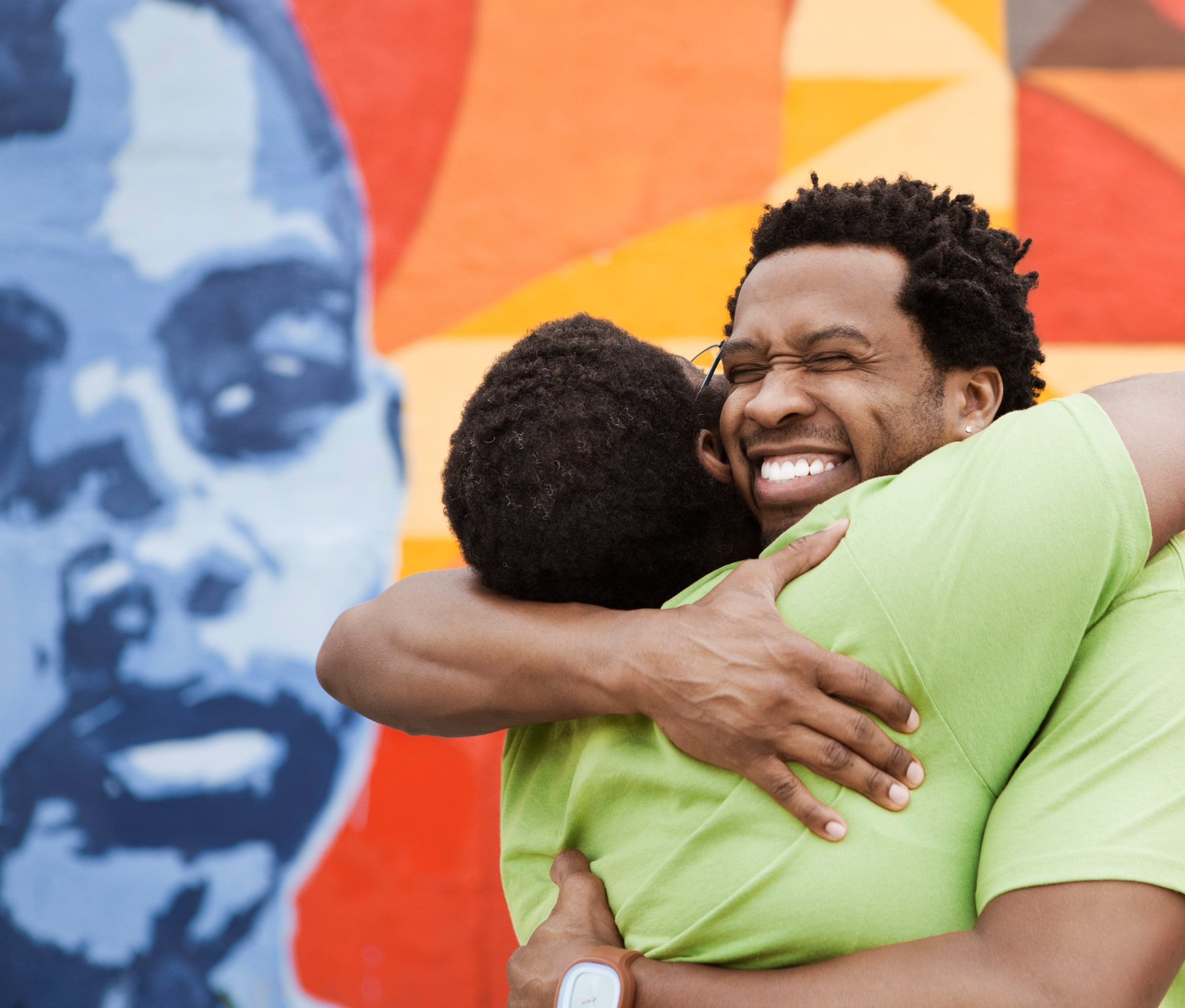It's a New Day in Public Health.
The Florida Department of Health works to protect, promote, and improve the health of all people in Florida through integrated state, county, and community efforts.
February 7 is National Black HIV and AIDS Awareness Day
February 07, 2020

Every year, February 7 marks the observance of National Black HIV/AIDS Awareness Day. Building off last year’s momentum, the 2020 national theme is We’re in this, Together. The Florida Department of Health is calling on all Floridians to unite and support people living with HIV, and join us in our efforts to raise awareness about HIV and AIDS in black communities.
Our state experiences a high burden of the HIV epidemic, and the Department is committed to connecting people to the resources they need to be able to live long, healthy lives.
In 2018, there were 119,661 people living with HIV in Florida. Of the 4,906 Floridians who received a new HIV diagnosis in 2018, 39 percent were black. The highest proportion of blacks who received a new HIV diagnosis were age 20–29.
In 2018, among adults age 13 and older, 1 in 39 black men and 1 in 65 black women in Florida were living with HIV (compared to 1 in 166 white men and 1 in 1,040 white women). “As we keep working to end new HIV infections in Florida, we must continue to address stigma, discrimination, cultural issues and other critical factors that create barriers in our communities,” said Department HIV/AIDS Section Administrator Laura Reeves. “We must also address access to PrEP—a proven prevention tool—among all vulnerable populations, but specifically among black populations.”
Ending the Epidemic
In February 2019, President Donald Trump announced his administration's goal to end the HIV epidemic in the United States. The resulting initiative, called Ending the HIV Epidemic: A Plan for America, or EHE for short, is underway. The goal of EHE is to reduce new HIV infections by 75 percent in the next five years and 90 percent by 2030.
Get Tested
We have the power to both prevent and treat HIV. Early diagnosis leads to more successful treatment, so getting tested and learning your status is crucial. Florida is a national leader in HIV testing, and there are many ways to get tested. All Department county locations offer HIV testing, or you can test yourself in the privacy of your home. Visit KnowYourHIVStatus.com to learn more about testing options in your area or to order a free at-home testing kit mailed directly to the address of your choice (while supplies last). You can also call the Florida HIV/AIDS hotline at 1-800-FLA-AIDS, 1-800-545-SIDA (en Español) or 1-800-AIDS-101 (in Creole) for more information.
You Know Your HIV Status—Now What?
For people living with HIV, it’s crucial that treatment starts as soon as possible—immediate treatment with antiretroviral therapy (ART) typically leads to long, healthier lives. ART also reduces the amount of HIV in the body making it harder for the virus to transmit to others.
People not diagnosed with HIV should ask their health care provider for a risk/needs assessment to help determine which type of HIV prevention would work best: taking PrEP, using condoms or regular retesting.
National Black HIV/AIDS Awareness Day Events Near You
The Department is partnering with organizations throughout the state to observe National Black HIV/AIDS Awareness Day. Check out our online events calendar to learn about what’s going on in your area.



Connect with DOH